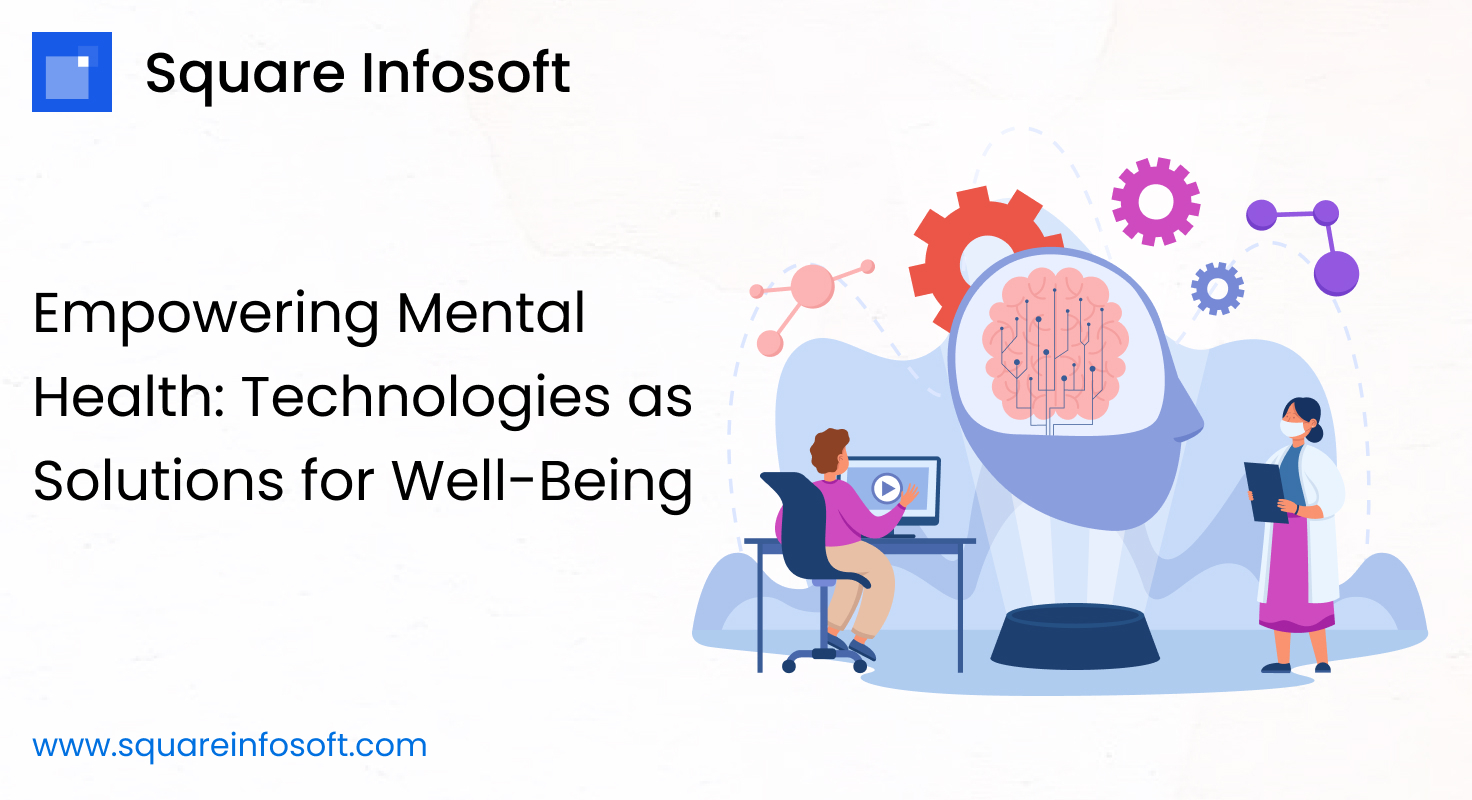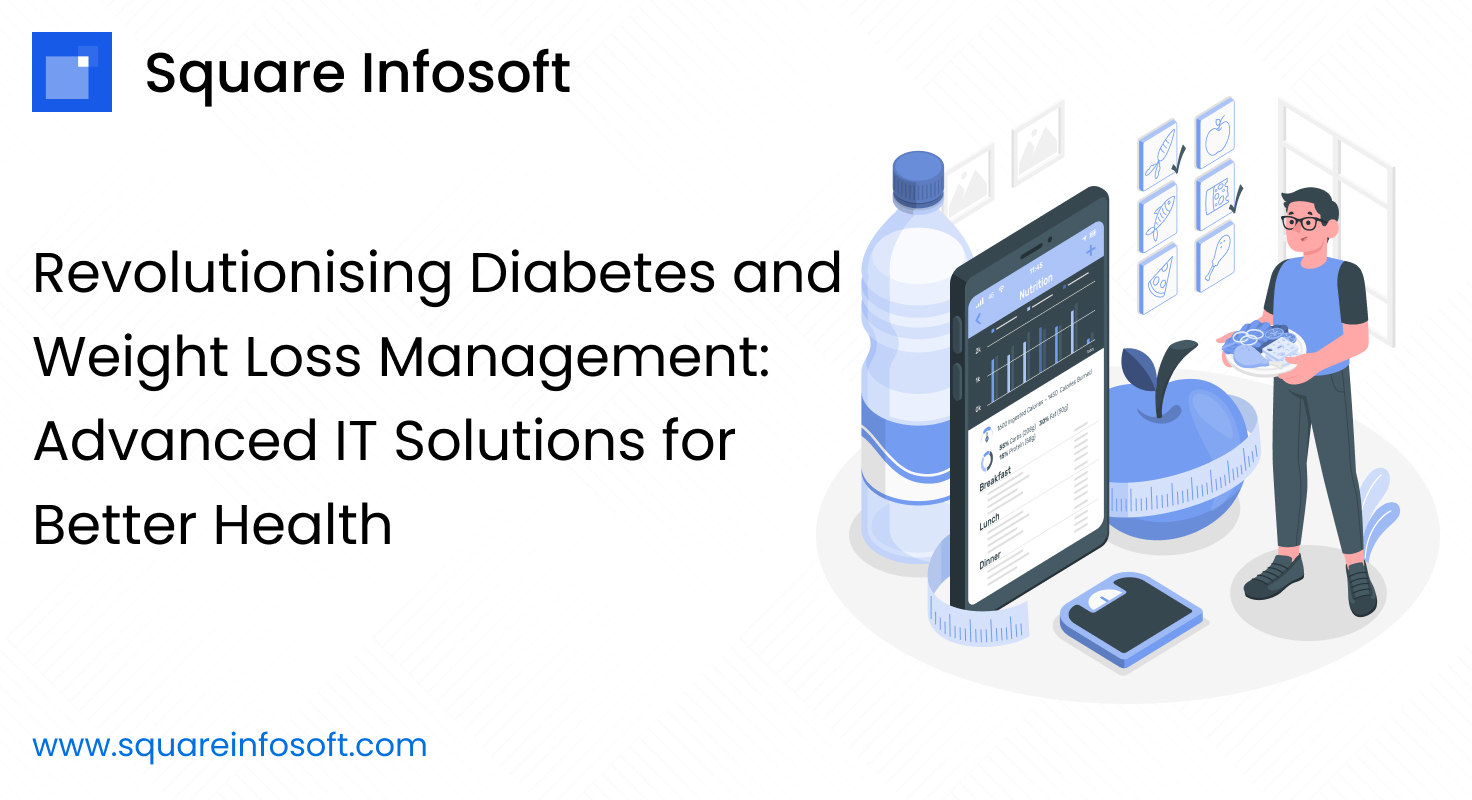Developing a bus ticket booking mobile app can offer travelers a convenient way to plan and purchase bus tickets. Below is a step-by-step guide to help you get started with the development of a bus ticket booking app:
1. Define Objectives:
- Determine the primary purpose of your app (e.g., booking bus tickets, checking bus schedules, accessing travel information).
- Identify your target audience (e.g., commuters, tourists, frequent travelers).
2. Market Research:
- Research existing bus ticket booking apps to understand their features, strengths, and weaknesses.
- Identify unique features or improvements that can set your app apart.
3. Planning and Conceptualization:
- Outline the core features and functionalities of your bus ticket booking app.
- Consider features for route planning, real-time bus tracking, and user convenience.
4. Feature Set:
- Develop a comprehensive list of features for your app, including:
- User registration and profiles.
- Bus schedules and availability.
- Seat selection (for buses with seating).
- Booking and payment processing.
- E-ticket generation and storage.
- Real-time bus tracking and updates.
- Offline access to schedules and ticket information.
- User reviews and ratings.
- Alerts for upcoming trips and delays.
- Customer support and help center.
5. Design and User Experience (UX):
- Design an intuitive and visually appealing UI for your app.
- Ensure the design is user-friendly and responsive on various screen sizes.
- Focus on providing an efficient and seamless ticket booking experience.
6. Backend Development:
- Build a robust backend system to manage user accounts, bus data, and payment transactions.
- Implement real-time updates for bus schedules and tracking.
7. Payment Processing:
- Integrate secure payment gateways to handle ticket purchases.
- Ensure compliance with financial regulations and user data security.
8. Bus Data Integration:
- Collaborate with bus operators or transportation authorities to source bus schedules and availability data.
- Implement APIs or data feeds for real-time bus information.
9. Testing:
- Conduct thorough testing, including functional testing, usability testing, and payment processing testing.
- Test the app on various devices and screen sizes.
- Address any bugs or issues identified during testing.
10. Deployment: – Deploy the app to app stores (Apple App Store, Google Play Store). – Prepare marketing materials, including app descriptions, bus schedules, and promotional campaigns.
11. Marketing and Promotion: – Develop a marketing strategy to promote your app and attract users. – Utilize social media, email marketing, and partnerships with bus operators or travel agencies.
12. Monetization: – Decide on a monetization strategy (e.g., transaction fees, service charges, premium subscriptions, ads). – Offer promotional discounts and loyalty programs.
13. Legal Considerations: – Ensure compliance with local laws and regulations related to bus ticket sales. – Address legal requirements for refunds, cancellations, and passenger information privacy.
14. Updates and Maintenance: – Regularly update the app with new features, bus schedules, and bug fixes. – Stay informed about the transportation industry trends and emerging technologies.
In today’s fast-paced world, where convenience and efficiency are paramount, developing a bus ticket booking mobile app offers immense value to travelers seeking hassle-free transportation solutions. The step-by-step guide outlined above provides a comprehensive roadmap for entrepreneurs and developers looking to venture into the realm of bus ticket booking app development.
By defining clear objectives and conducting thorough market research, developers can gain valuable insights into user preferences and market dynamics, enabling them to identify unique features and opportunities for innovation. From seamless booking and payment processing to real-time bus tracking and user-friendly interfaces, the key to success lies in delivering a superior user experience that exceeds customer expectations.
The design and development phases play a crucial role in shaping the app’s usability and functionality. By prioritizing intuitive design and responsive user interfaces, developers can ensure a seamless booking experience across various devices and screen sizes. Robust backend development and integration with secure payment gateways are essential for handling transactions securely and efficiently, while collaboration with bus operators ensures access to accurate and up-to-date bus schedules and availability data.
Thorough testing and quality assurance are imperative to identify and address any bugs or issues before deployment. By conducting extensive testing across different devices and scenarios, developers can enhance the app’s reliability and performance, thereby fostering user trust and satisfaction.
Deployment and marketing are key stages in promoting the app and attracting users. Leveraging app stores, social media, and strategic partnerships with bus operators or travel agencies can help maximize visibility and user acquisition. Monetization strategies such as transaction fees, service charges, and advertising can ensure the app’s sustainability and profitability in the long run.
Legal considerations, including compliance with local regulations and data privacy laws, are paramount to safeguarding user rights and maintaining trust. Developers must stay vigilant about industry trends and emerging technologies to keep the app relevant and competitive in the ever-evolving transportation landscape.
In conclusion, developing a bus ticket booking mobile app presents a lucrative opportunity to address the growing demand for convenient and efficient travel solutions. By following the outlined steps and paying careful attention to user needs and market dynamics, developers can create a valuable and indispensable tool that simplifies the way people plan and purchase bus tickets, ultimately enhancing the overall travel experience for commuters, tourists, and frequent travelers alike.




